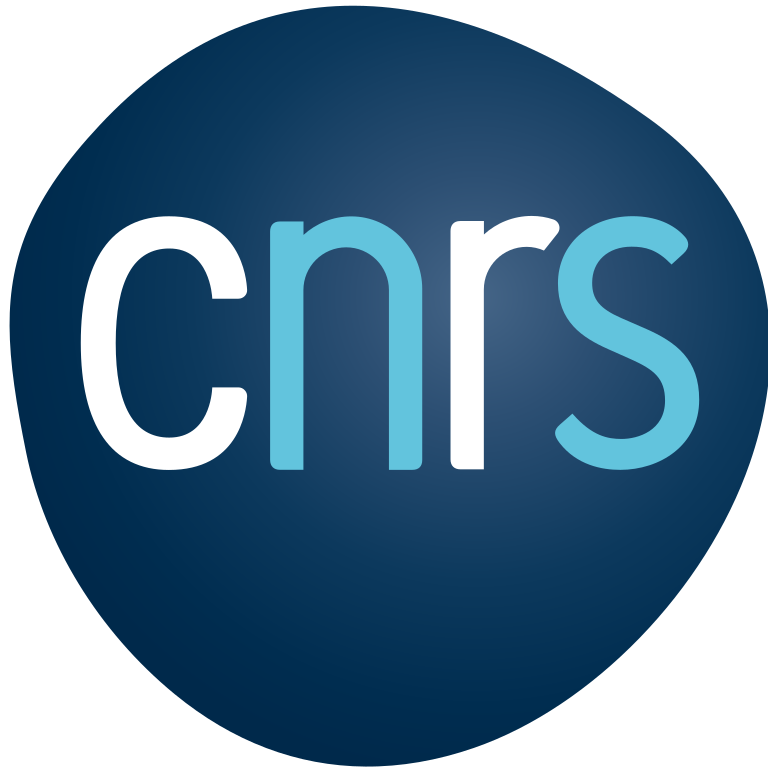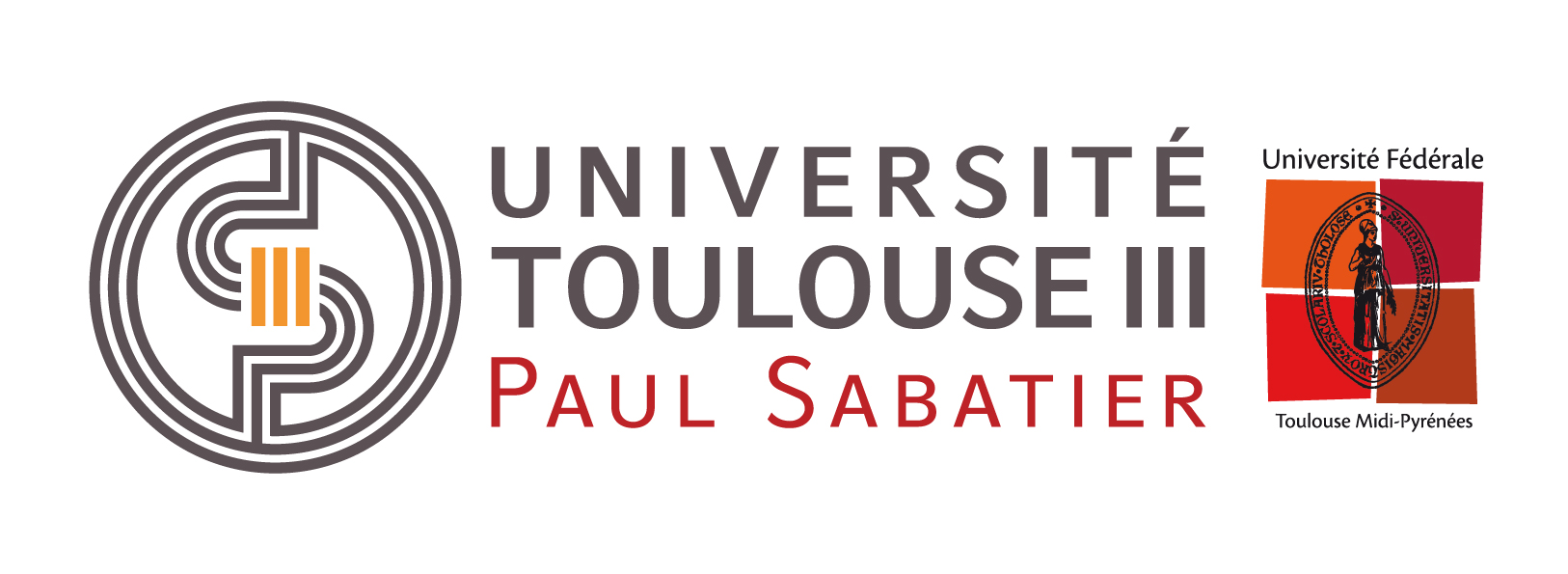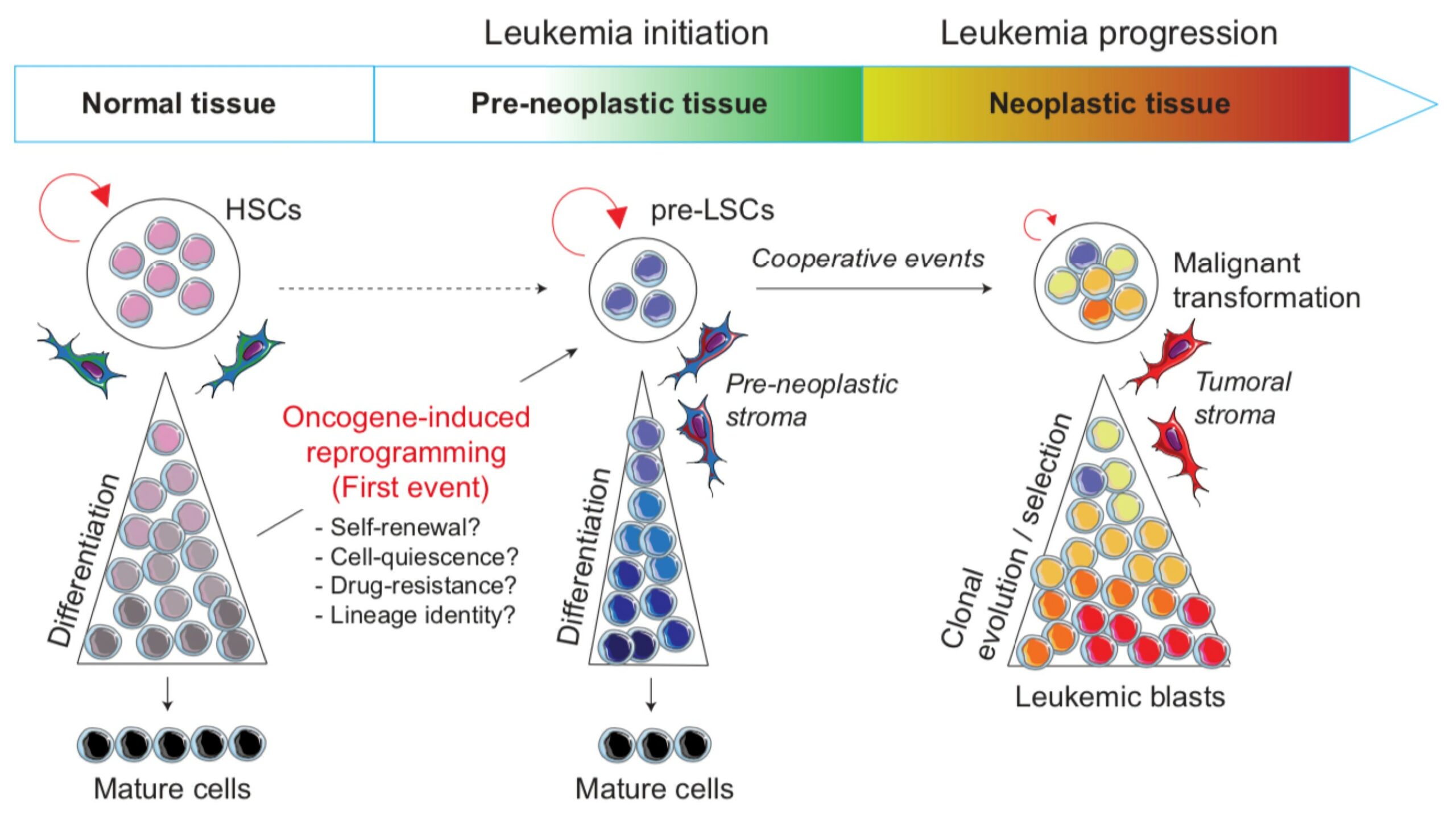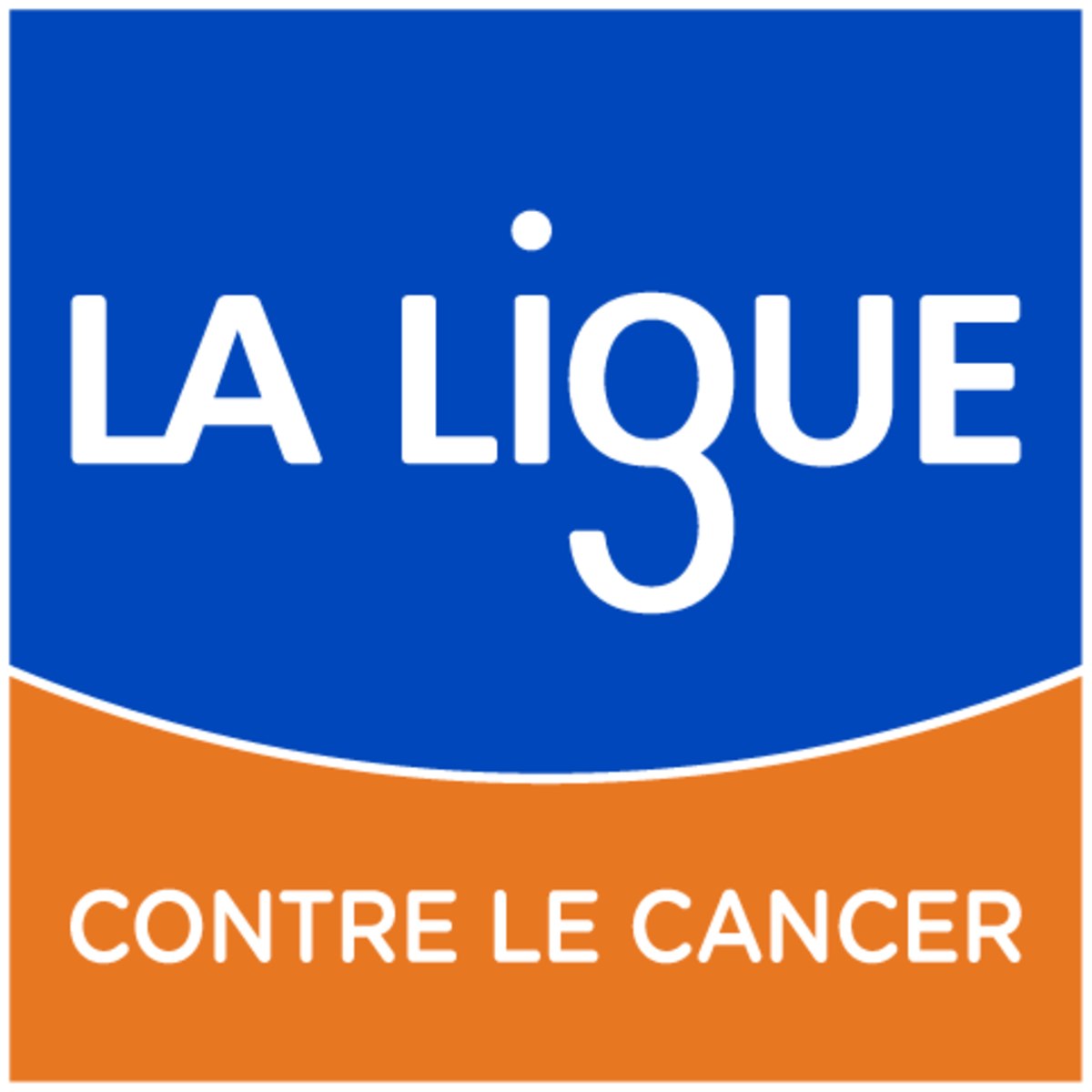In search of the cells that cause pediatric leukemia.
Acute lymphoblastic leukemia
Oncogenic transcription factor
(Pre-)leukemic stem cells
Oncogenic reprogramming
Cellular plasticity
Self-renewal
Initiation and leukemic transformation.
Bastien Gerby, team IGAALD : Impact of genetic alterations on acute leukemia development
Acute lymphoblastic leukemia (ALL) is the most common pediatric cancer. The development of this disease is a multi-step process characterized by the successive acquisition of genetic events leading to the accumulation of malignant cells in the bone marrow. Treatments for ALL are effective in inducing long-term remission. However, a cell subpopulation called leukemia initiator cells may escape treatment and serve as a reservoir for disease relapse, which has a very poor prognosis in patients. The development of new targeted therapies therefore represents a major challenge in the field of translational research and requires a better understanding of the biological mechanisms that govern tumor initiation and transformation.
In this context, this review article recently published in the journal Cancers introduces the concepts of heterogeneity and plasticity of patients’ leukemic cells. The authors also discuss the use of transgenic mouse models to explore the early stages of the disease and identify the biological mechanisms that lead to the appearance of leukemia initiating cells. Finally, they describe current efforts to discover therapeutic strategies that specifically target the aberrant properties of these cells.
Model of leukemic initiation and progression. A first oncogenic event can either convert a normal hematopoietic stem cell (HSC) or reprogram a progenitor into a pre-leukemic stem cell (pre-CSL). Thus, pre-CSLs are the cells that carry the primary genetic alteration but are still able to differentiate into mature cells. Subsequently, the acquisition of secondary cooperative events transforms the pre-CSLs into malignant leukemic cells subject to evolutionary and clonal selection processes. The study of the properties of reprogrammed stem cells within pre-CSLs such as self-renewal, cell quiescence and resistance to therapy is therefore critical to understand the biological mechanisms involved in leukemic initiation.
Discover the published article
Cancers (Basel). 2021 Nov 2;13(21):5511.
Oncogene-Induced Reprogramming in Acute Lymphoblastic Leukemia: Towards Targeted Therapy of Leukemia-Initiating Cells.
Fregona V, Bayet M, Gerby B.

Toulouse Cancer Research Center (Oncopole)
Toulouse – FR
Contact us
+33 5 82 74 15 75
Want to join
the CRCT team ?









